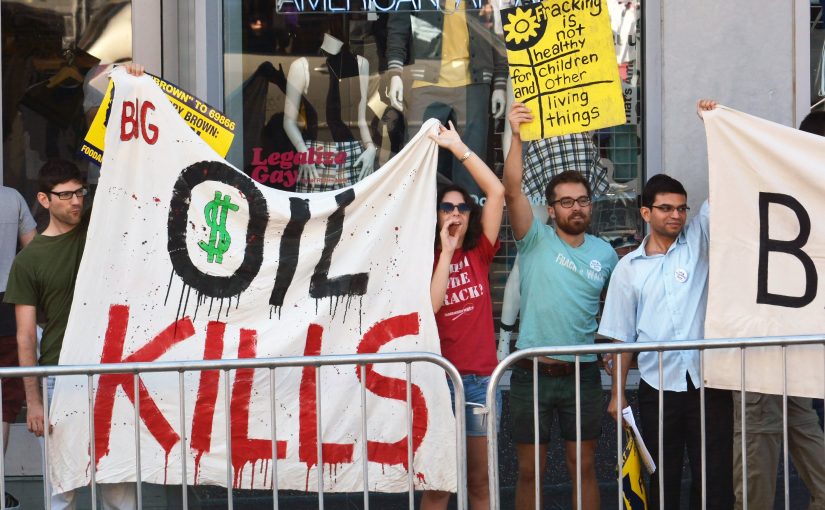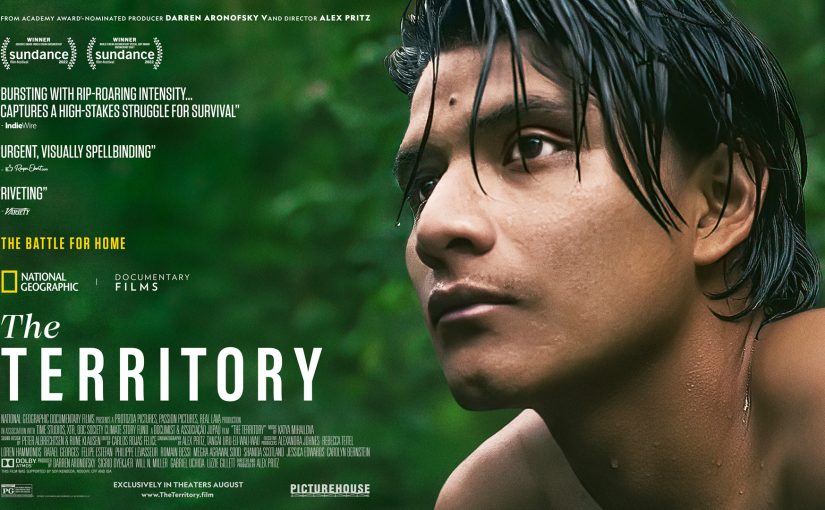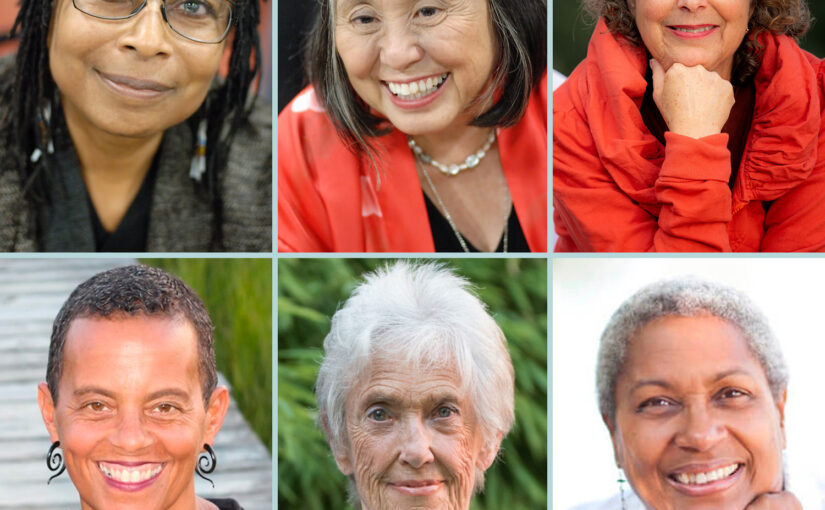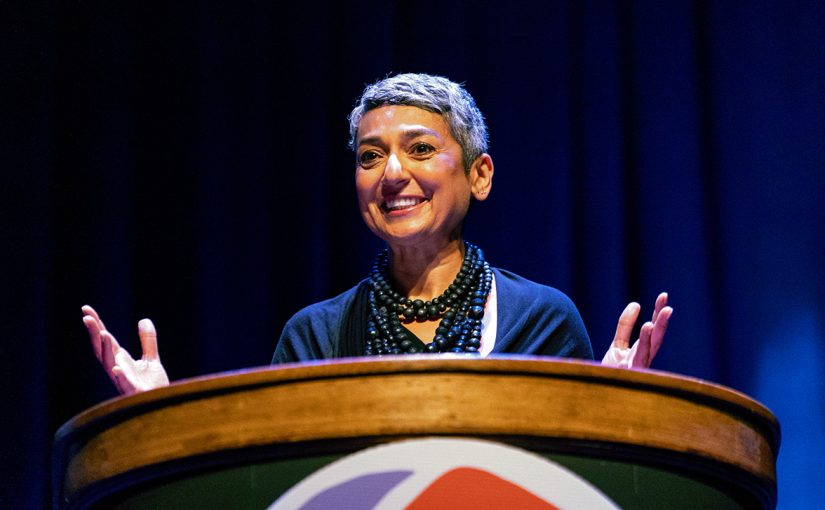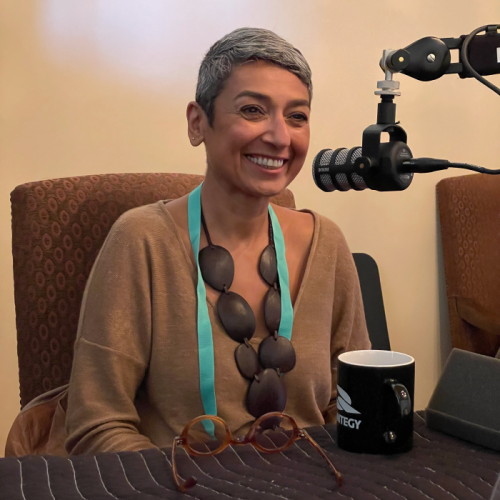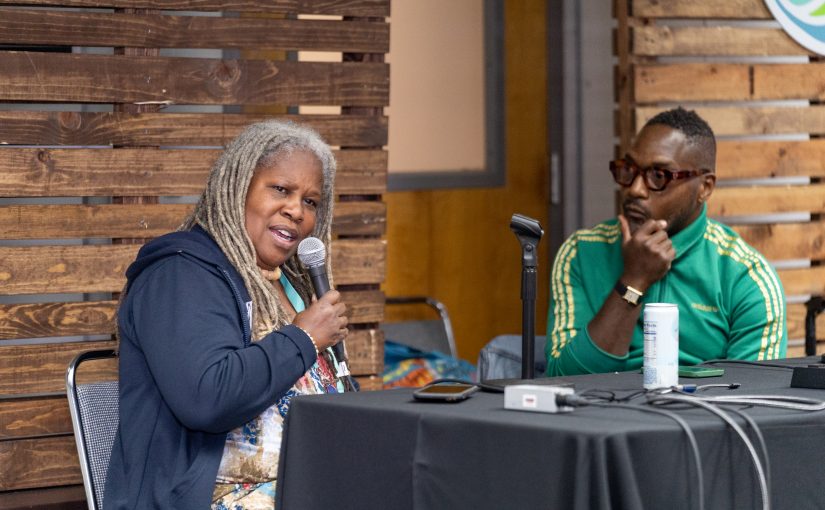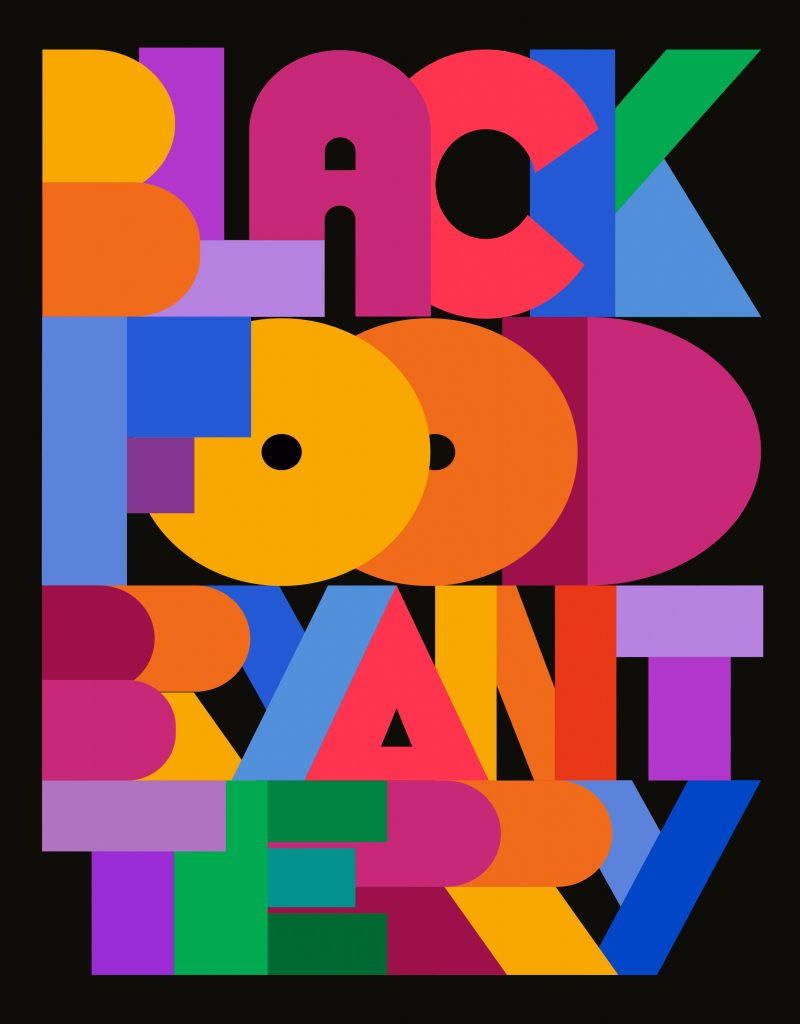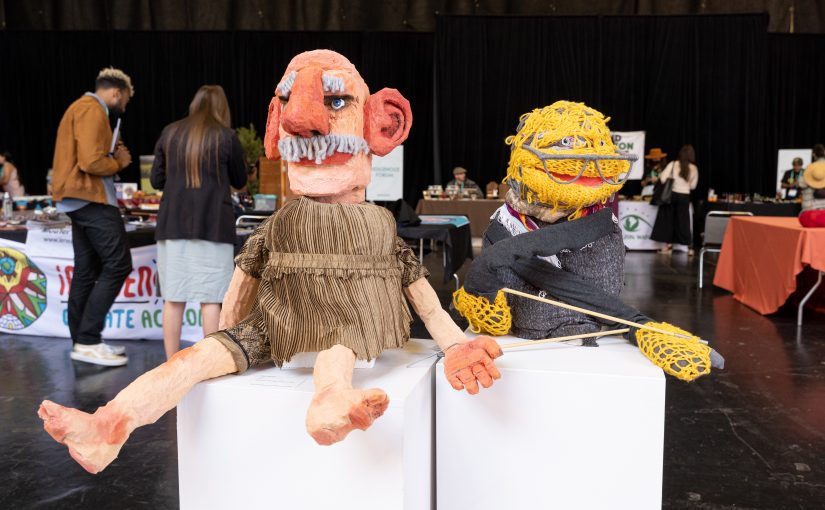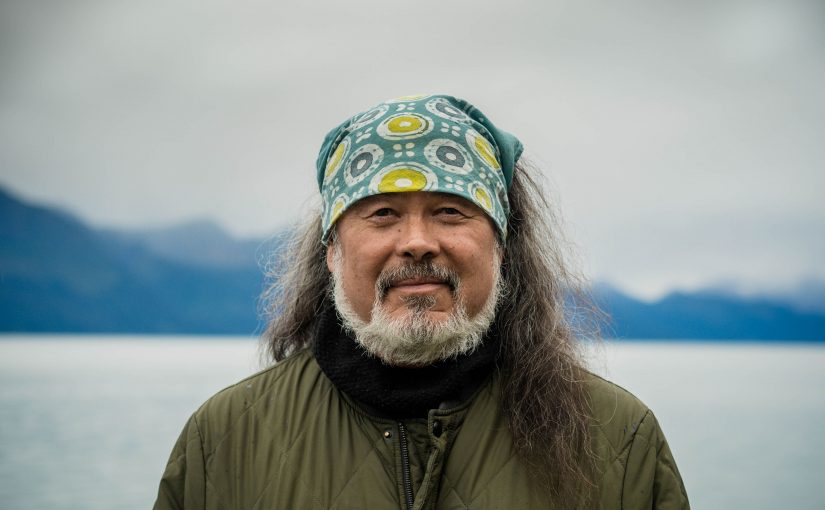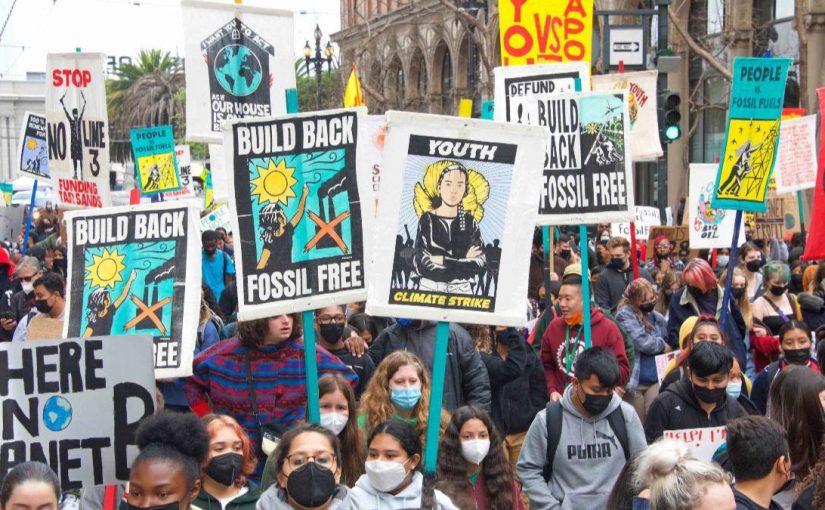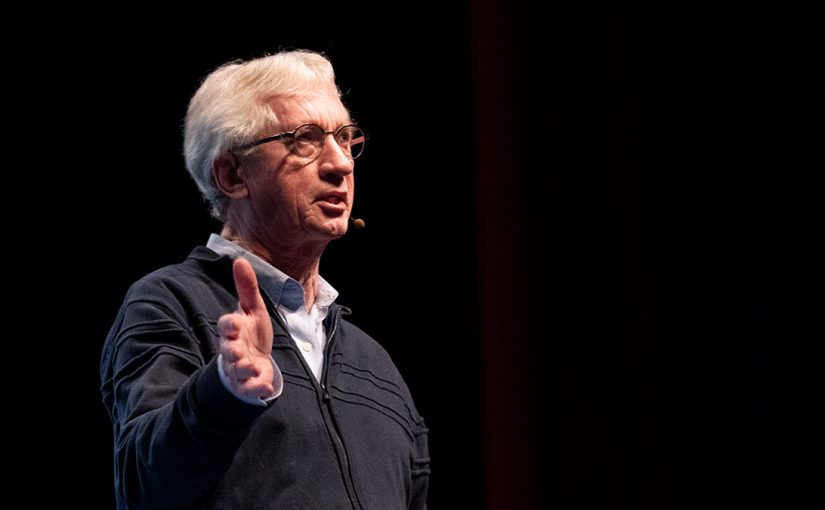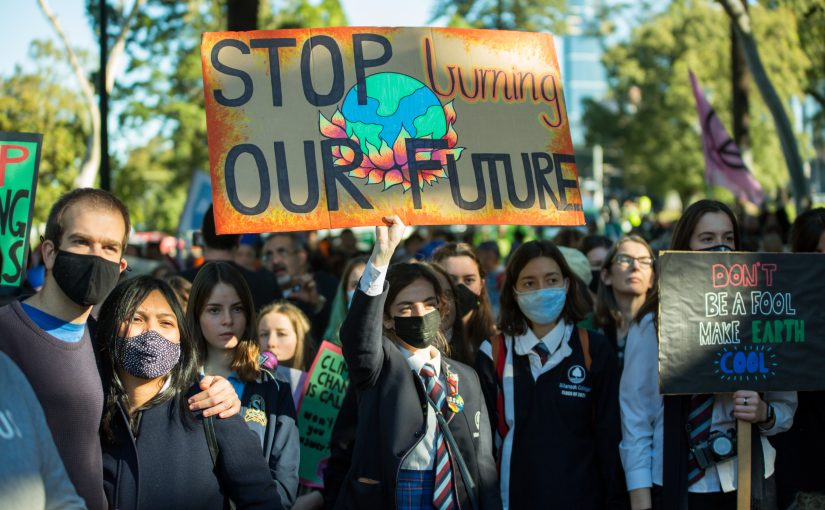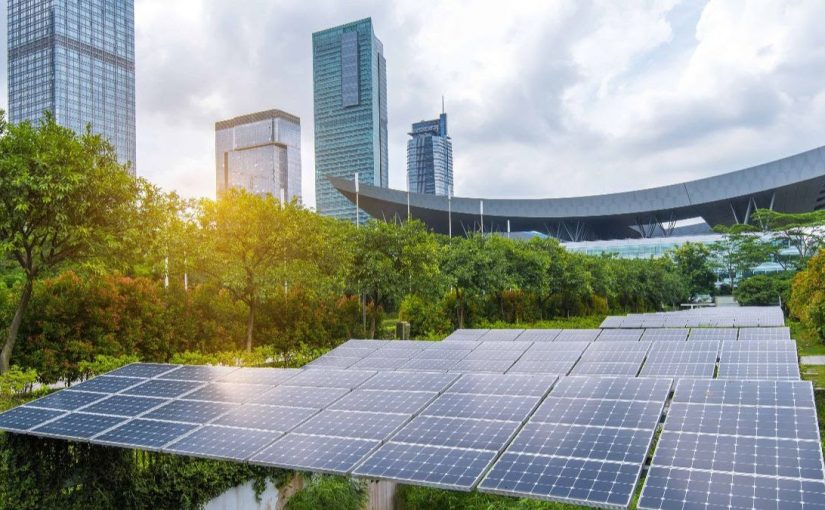Kate Aronoff, a Brooklyn, NY-based staff writer at The New Republic, and a former Fellow at the Type Media Center whose work has appeared in The Intercept, The New York Times, The Nation, Dissent, Rolling Stone, and The Guardian, among other outlets, is the co-editor of We Own the Future: Democratic Socialism, American Style and the author of Overheated: How Capitalism Broke the Planet–And How We Fight Back.
The following is an edited transcript from a talk delivered at the Bioneers Conference, May 2022. Watch the full talk here.

To start off, I want to consider two data sets from the most recent report from the Intergovernmental Panel on Climate Change. The first one says that to have a better than 50% chance of capping warming at 1.5 degrees Celsius, global coal, oil and gas usage will need to decline by 95, 60, and 45% respectively, below 2019 levels. The second says: “Limiting global warming to two degrees Celsius or below will leave a substantial amount of fossil fuels unburned and could strand consider fossil fuel infrastructure. Depending on its availability, carbon capture and storage (“CCS”) could allow fossil fuels to be used longer, reducing stranded assets, but the combined global discounted value of the unburned fossil fuels and stranded fossil fuel infrastructure has been projected to be around 1 to $4 trillion from 2015 to 2050, to limit global warming to approximately 2.5 degrees Celsius. And it will be higher if global warming is limited to approximately 1.5 degrees Celsius.”
How do you solve that potential $4 trillion “stranded asset” problem? Fossil fuel companies would like us to believe that there is no problem, as they argue that there’s no contradiction between keeping warming below 2 or 1.5 degrees Celsius and meeting the ambitious goals of the Paris agreement and their business model, which of course revolves around digging up and burning as many hydrocarbons as possible. They say that they are already putting their billions of dollars to work investing in solutions for a low-carbon tomorrow, such as algae and hydrogen and carbon capture and storage and all this stuff.
Exxon Mobil says it is “advancing climate solutions.” Chevron has a whole website devoted to explaining how it’s working to create a lower carbon future for all. But how do these claims compare with how they’re actually spending their money?
Earlier this year in a report from the UK-based think tank Commonwealth, researchers Joseph Baines and Sandy Hagar found that Exxon Mobil and Chevron devoted 0.16% (that’s not 1.6; it’s 0.16!) and 2% respectively to low-carbon energy last year. European fossil fuel companies are doing a little better, but not much.
A 2019 analysis commissioned by Greenpeace Netherlands analyzed 3,000 ads from six European fossil fuel companies and found that on average 63% of ads and promotion for each company focused on green investments. Half of all the ads focused on wind, solar, hydropower, renewable energy in general, the circular economy, company climate commitments, engagement with climate policy, reducing fossil fuel use, making transportation sustainable, etc. But what are they actually spending their money on? Eighty-one percent of Shell’s advertisements touted their clean energy investments, but 80% of their portfolio is invested in oil and gas.
These companies are not transitioning, despite what all of their advertisements and their lobbying will tell you. Privately held fossil fuel companies are still constantly expanding, finding new places to drill and growing the market for their products. What they’re asking the public and policymakers and regulators to believe is that they will voluntarily embark on one of the most stunning and dramatic transformations in the history of capitalism, tear down the energetic basis of the global economy, build a new one, and in the process leave trillions of dollars’ worth of profits on the table, all in a few years. We should not believe them.
In privately held companies, decisions about how long fossil fuel infrastructure will stay online are mainly made by corporate executives and the main investors in their firms, and both groups are primarily concerned with making as much money in as little time as possible, and that’s very strange in the context of other countries that produce fossil fuels everywhere on Earth. Unlike just about every other major oil producing country on Earth, the United States government has very little direct say over what its fossil fuel industry does.
Our government, instead, hands them land, money, permits – about $20 billion a year in subsidies – to make those decisions, but the reality is that leaving the terms of the energy transition up to companies means it will happen much too slowly or not at all.
Supposedly, some of the more responsible companies have come out with net zero commitments over the last several years, but even these aspirational goals, many of them relying on speculative improvements in technologies, fall far short of the kinds of production declines that are needed. The reality is that we are on track to produce double the amount of fossil fuels by 2050 than is consistent with keeping warming below 1.5 degrees. To meet that target, production would have to decline by 6% every year worldwide for a decade. We are not anywhere close to being on track for that goal.
The net zero goals put out by the fossil fuel companies, especially those in the U.S., only set out to reduce the “emissions intensity” of their own operations. They fail to even account for the emissions that occur when customers buy and burn their products. In the case of Exxon, these so-called “Scope 3” emissions account for 95% of their total emissions, so their net zero commitments don’t include 95% of the emissions that they actually produce.
What about those companies that are starting to transition and are starting to make more authentic commitments around their investments and production goals? Some European-based oil majors are beginning to do this, but how do they achieve these goals? Often, they just sell-off their most polluting and least profitable assets to private equity firms and national oil companies abroad, out of the public eye, escaping, for example, any mandatory emissions requirements now under consideration by the Securities and Exchange Commission.
What does this actually look like in practice? In 2019, BP sold off all of its assets in Alaska to a little-known Texas company called Hilcorp for $5.6 billion, a move that padded its own bottom line and its reputation as a climate champion. BP was able to report a drop in emissions of 16% across its operations as a result of this sale, but those emissions didn’t just disappear. They actually rose. Under Hilcorp’s ownership, production of those assets climbed by almost 5% over the year before the sale, even amid a historic drop in energy demand during the COVID-19 pandemic. In emissions terms, it was like putting 108,000 new cars on the road.
Looking at a recent study from the Environmental Defense Fund, The New York Times reported a dramatic spike in flaring of methane at an oil field in Nigeria after Shell, Total and Eni sold off their holdings there. These kinds of transactions are only growing. Over the last five years, the same study from the EDF found that the number of public-to-private transfers exceeded the number of private-to-public transfers by 64%. Twice as many assets were sold from companies with environmental commitments to those without them as the reverse. In the coming years, Exxon Mobile, BP, Shell, Total, Eni, Chevron, ConocoPhillips and Equinor, the largest privately owned (i.e., not state-owned) oil companies on Earth, are expected to sell off $111 billion worth of assets to adjust to the energy transition in moves that could look very much like those already undertaken by BP and by Shell.
Members of the financial sector have argued that these shady deals are a reason why they should hold on to their considerable fossil fuel investments. Blackrock has some $260 billion invested in fossil fuels around the world as part of its $10 trillion portfolio of assets, and like other asset managers, such as Vanguard or State Street, they’re a top shareholder in some of the world’s biggest privately owned fossil fuel companies.
In his letter to CEOs this year, Blackrock head Larry Fink said, “Divesting from entire sectors or simply passing carbon-intensive assets from public markets to private markets will not get the world to net zero.” I do not agree with Larry Fink on very many things, but I do think he has a point here. Where he’s wrong, I think, is to say that this is the reason why Blackrock and other companies should continue to pour money into the fossil fuel industry, on the premise that they can engage and that they will convince these companies to leave $4 trillion in climate-killing assets and profits on the table instead of selling them off the highest bidder to make themselves look greener.
Blackrock likes to talk a big game about its climate policy, but it has yet to ask companies to wind down production in line with Paris targets, and it confirmed just this week that it will not be doing that. They’re in the business of making money and aligning fossil fuel production in line with the goals of the Paris agreement would entail them losing money.
So, here’s my pitch: Winding down fossil fuel production is too important a task to leave up to markets. What if in return for the $20 billion in public money the U.S. hands over to US coal, oil and gas companies every year, the public got a return on that investment? What if the government had the same say as any other major investor in the fossil fuel industry, able to weigh in on investment and production decisions and emissions goals? And what if we, through our government, used that to affect an orderly, just, well managed decline of fossil fuel production?
What I’m advocating, to be clear, is that the United States government should bring fossil fuel assets under public ownership.
Throughout our history, this has not been a strange thing to do. Plenty of national priorities have been considered too important to leave up to markets. In response to Black Monday in 1929, the government nationalized several functions of the banking sector, and it created such institutions as the Reconstruction Finance Corporation, Fannie Mae, and the Export Import Bank. The Tennessee Valley Authority, created to provide power and jobs to hard-hit mountain regions in the southeast, was formed in part by nationalizing the Tennessee Electric Power Company over the protest of its executives. In 1943, Congress passed the War Labor Disputes Act, which let the government nationalize any facilities that might be needed in the war effort. FDR would use that authority on coal mining and oil drilling operations, as well as railroads, department store chains, and even the U.S. subsidiaries of foreign eyeglass, champagne and beer companies, among several others.
The government had plenty of carrots, of course, to encourage companies to meet wartime demands, such as rich federal contracts and government-built factories that companies could lease for a dollar, so usually a federal takeover was a last-ditch effort, in many cases a means to resolve labor disputes, but it was used, and used pretty often as a stick to encourage companies to comply with federal orders.
A lawyer in the office of the Assistant Secretary of War said, “The government was taking over approximately one plant a week in the lead-up to V-J Day.” In one case, a lumber heir and Montgomery Ward chief executive refused orders from the War Production Board to let his employees unionize, so soldiers came in and carried him out on a chair and took over the company.
What would it look like to do this for the climate? To start phasing out fossil fuel production, the Democracy Collaborative’s Carla Skandier has suggested a “51% solution” to the climate crisis. In this scenario, the government would use quantitative easing to take a majority stake in privately owned fossil fuel firms, winding down production along a science-based timeline, giving workers a dignified offramp into other well-paid work, all the while muting the industry’s enormous influence over our political system. Rather than selling polluting assets off the highest bidder, they could be properly retired and shut down for good.
Public ownership could also happen the next time the industry asked for a bailout, as it did in 2020. Instead of giving up the decision-making power that such a big share purchase would entitle us taxpayers to, as in 2008 when the government took over major auto makers, policymakers could use the government’s new equity stakes to begin a managed decline of fossil fuels and guarantee full pensions and wage parity to workers. Any federal support the U.S. gave to the industry would come with commensurate ownership stakes to be managed in accordance with federal climate policies.
The world is on fire. We don’t have the time to sit around hoping these companies will suddenly see the light and do their part. With its enormous wealth and outsized responsibility for the climate crisis, the United States should be transitioning faster than any other country on Earth off of fossil fuels. And it’s easier for us than almost anyone else. That $4 trillion problem I talked about at the beginning is just much less of a problem for the United States than it is for many other fossil-fuel-producing countries.
The United States is the world’s largest oil producer and net exporter, but oil accounts for only 2% of U.S. GDP. Even in the oil and gas heartland of Texas, fossil fuels just bring in 8% of tax revenue. Compare that to other major oil producers, many of them in very climate vulnerable countries. In Iraq, a country the United States has spent most of my life working to destroy with brutal sanctions and illegal wars, oil revenues represent one-third of GDP and 89% of government revenue.
Carbon Trackers found that maintaining a 50% chance of capping warming at 1.65 degrees Celsius and phasing out fossil fuels accordingly could cut worldwide oil and gas revenue in half over the next two decades, leaving a $13 trillion hole in public budgets before 2050. A $4 trillion problem in stranded assets for the oil industry is a $13 trillion problem in revenue loss for many of the poorest and most climate vulnerable countries on Earth.
The reality is that the world is going to need to continue to burn fossil fuels. I don’t like it, but that is the case, even if we transition as rapidly as humanly possible off of them. Among the biggest fights of this century will be how the revenue from burning that carbon gets distributed. Countries that have contributed the least to this crisis and are worst hit by it should collect more of that revenue. And there is absolutely no reason for that money to continue to flow to U.S. billionaires who have already set the planet on fire and delayed climate action for decades.
And right now, that’s exactly what’s happening. Fossil fuel executives and governments in the United States and Europe are taking advantage of a brutal war in Ukraine and high fuel prices to fast-track new fossil fuel infrastructure that will stay online for decades to come, eating up still more space in a dwindling climate budget and adding to the stock of assets that need to be rendered worthless to maintain any hope for a salvageable future.
I won’t pretend that our Congress is on the verge of agreeing to nationalize one of the nation’s most politically influential sectors, but it doesn’t only need to be up to us. Just to cite an example: There’s a company called Diversified Energy, based in Alabama, but listed on the London Stock Exchange, which is the largest owner of oil and gas wells in the United States. They have 70,000 wells and 17,000 miles of pipelines. As of earlier this week, market capitalization of Diversified on the London Stock Exchange was one billion British pounds, or about $1.2 billion. As a government that says it’s committed to net zero, the UK government could gain a majority stake in the United States’ largest owner of oil and gas wells and shut it down for the low, low price of $600 million. I know that isn’t going to happen, but the point is it wouldn’t take that much strategically leveraged financial pressure to start seriously disrupting the fossil fuel industry.
The bottom line is that the public desperately needs a say in how fast this transition happens and who benefits from it. Some progress can be made, but no genuinely adequate climate policy is in the immediate realm of political possibility, and there should be much, much bigger ideas and more powerful tools floating around when that opportunity arises again. So, to conclude, is responsible fossil fuel production possible? Yes, but only if public ownership is an option.
